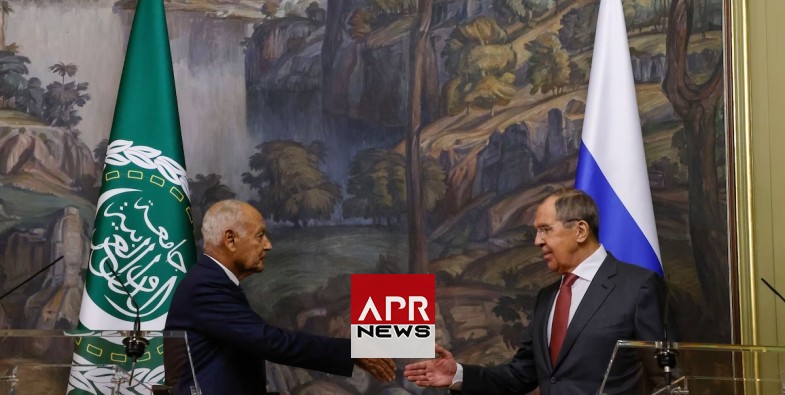You are here
Back to topAPRNEWS: Russia cites ‘concern’ but does not condemn Hamas attack on Israel

APRNEWS: Russia cites ‘concern’ but does not condemn Hamas attack on Israel
APRNEWS - “We are extremely concerned,” Kremlin spokesperson Dmitry Peskov said during his daily briefing with reporters. “We believe that the situation should be brought to a peaceful resolution as soon as possible, as the continuation of such a spiral of violence is fraught with further escalation of the conflict,” Peskov said.
In a separate statement, the Russian Foreign Ministry said: “Russia is gravely concerned over a sharp escalation of the Palestinian-Israeli conflict.”
Russia’s carefully worded reaction reflected decades of nuanced — at times contradictory — diplomacy in which the Kremlin has sought strong ties with Israel while also supporting the Palestinian cause and courting groups such as Hamas that are committed to Israel’s destruction.
But the latest statements, following the stunning assault by militants that prompted Israel to announce its intention to impose a full siege on the Gaza Strip, also reflect how President Vladimir Putin’s war in Ukraine now shadows all of Russia’s foreign policy — even far from the battlefield.
Moscow is now highly dependent on Iran, a longtime patron of Hamas, for drones used to attack Ukrainian cities and civilian infrastructure.
The Iranian mission to the United Nations on Monday denied that Tehran was involved in the coordinated attack, insisting that the “response” was “taken solely by Palestine itself.” But it also said the attack was “unwaveringly aligned with the legitimate interests of the Palestinian people.”
Meanwhile, drawing a different bizarre connection to the war in Ukraine, former Russian president Dmitry Medvedev on Monday alleged, without providing evidence, that Ukraine had given Hamas Western-supplied weapons that were used in the attack against Israel.
Medvedev’s allegation, issued on the Telegram messaging platform, came shortly after Ukraine’s military intelligence issued a public statement warning that Russia was planning just such a disinformation operation.
“The weapons handed over to the neo-Nazi regime in Ukraine are being actively used in Israel,” Medvedev wrote on Telegram. “Later on, like the weapons left behind by the fugitive Americans in Afghanistan, they will be used uncontrollably in all hot spots.”
The reaction in Moscow on Monday was a mix of high-minded calls for diplomacy — in which Russia put itself forward as a trustworthy mediator — and gleeful applause for the Hamas attack, which was portrayed as beneficial for Russia because it would distract Ukraine’s Western backers.
During a meeting with Arab League Secretary General Ahmed Aboul Gheit in Moscow on Monday, Russian Foreign Minister Sergei Lavrov called for an end to the bloodshed and implicitly criticized the West for decades of failed efforts to resolve the Israeli-Palestinian conflict.
“There is an urgent need to stop the fighting and address the problem of civilians, who are being victimized in huge numbers, and to pay attention to the reasons the Palestinian problem for many decades cannot find a solution,” Lavrov said.
“We are ready to do this,” Lavrov continued, “with other countries that are sincerely interested in establishing sustainable peace in the Middle East and ensuring the security of all countries in the region without exception, including the State of Palestine.”
But some Russian politicians and pundits focused on the significance of Russia’s relationship with Iran, and described the attacks in Israel as a useful development in a broader struggle between Russia and the United States.
“Whose ally is Israel? The United States of America,” Andrei Gurulyov, a member of the State Duma, the lower house of parliament, from Putin’s United Russia party, wrote on Telegram.
“Whose ally is Iran and its surrounding Muslim world,” Gurulyov continued. “Ours. We have our own goals and objectives, which we are fulfilling. … We have to fulfill our tasks today.”
Sergey Mardan, a Russian propagandist and television presenter, wrote: “This mess is beneficial for Russia, because the globalist toad will be distracted from Ukraine and will get busy trying to put out the eternal Middle Eastern fire. Iran is our real military ally. Israel is an ally of the United States. Therefore, choosing a side is easy!”
As the war in Ukraine faltered last year, and the Russian military suffered numerous battlefield setbacks, the Kremlin turned to Tehran for supplies of self-detonating Shahed attack drones. Russia’s increasingly close military alliance with Iran has alarmed Israel.
Israel is not the only country whose relations with Russia have frayed since the 2022 invasion of Ukraine. Russia has come under fierce criticism by Armenia for failing to uphold a cease-fire agreement in the disputed region of Nagorno-Karabakh. Russian ties with Central Asian countries have also eroded.
Meanwhile, the Kremlin has tightened alliances with Iran and North Korea, which could provide weapons for the war.
Moscow’s relationship with Hamas has been developing steadily for more than a decade, with Hamas leadership having visited the Russian capital several times in recent years.
Pressed by a reporter in 2010 about why the Kremlin had begun meeting more frequently with the Hamas leadership, Lavrov said that Russia’s main objective was to help restore Palestinian unity. He said Russia recognized Hamas as a legitimate political player.
“We began to meet with Hamas immediately after the elections in Palestine recognized by all as free and democratic, in which a considerable part of the Palestinian people voted for Hamas,” Lavrov said at the time.
“It is not only us who meet with Hamas,” Lavrov added, “but also many others, including those who classify Hamas as a terrorist organization. We just do it openly, but they prefer to not talk about it.”
In recent years, Russia’s contact with Hamas has become more frequent. Since 2020, Lavrov has received senior Hamas figures — including the leader of the group, Ismail Haniyeh — at least five times in Moscow, with the most recent visit taking place in March.
In a Foreign Ministry readout from the meeting, Moscow expressed its willingness “to continue to assist in overcoming differences and bringing together the positions of leading Palestinian political forces.”
Meanwhile, Russia’s relationship with Israel has deteriorated.
There were expectations that Prime Minister Benjamin Netanyahu — who has historically maintained good relations with Putin — would pivot Israel toward Moscow after his return to government in late December.
Instead, Israel has instead demonstrated greater support for Ukraine, under pressure from the United States to consider sending defensive arms to Kyiv.
Last year, Lavrov also drew ire from Israel after he criticized Ukrainian President Volodymyr Zelensky, who is Jewish, by asserting that Adolf Hitler had Jewish roots — a statement generally believed to be false and which led to demands by Israel for an apology.







